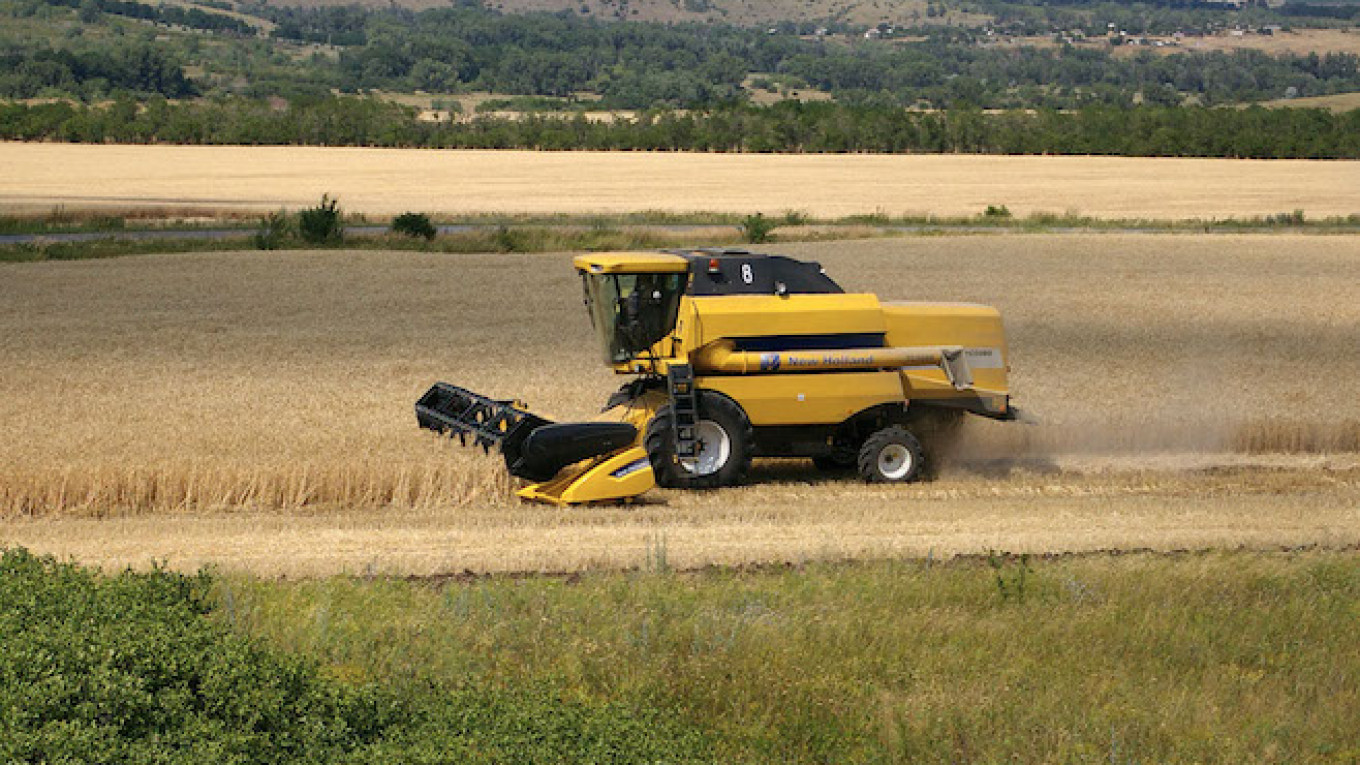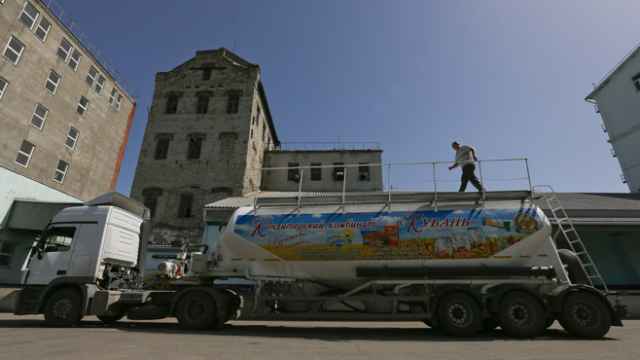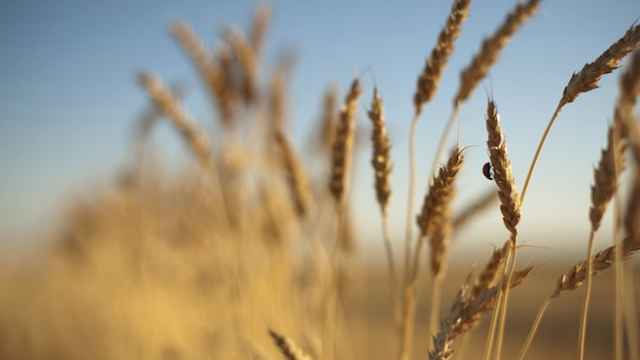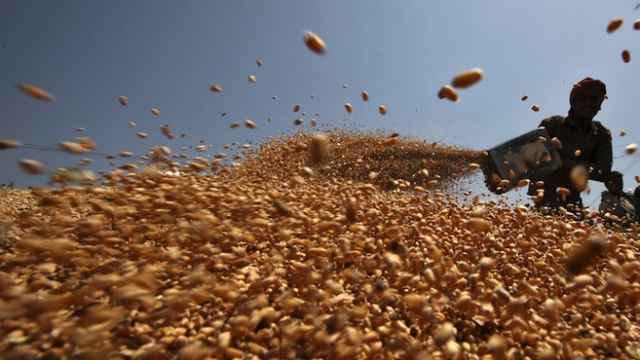Farmers in Russia's Rostov region, one of the most important for wheat exports, face flat or lower wheat yields this year due to a lack of rain last autumn, and the current hot weather may worsen the situation without more rain in the coming weeks.
Rostov is the second southern region affected by a lack of moisture after Krasnodar, the main region for wheat exports via the Black Sea to North Africa and the Middle East.
"Weather conditions were tough last autumn … but good rain came at the end of April and early May and allowed the moisture level to restore significantly," said Roman Bondarev, RZ Agro chief operation officer. The group's fields in the southern Rostov region are expected to see winter wheat yields very similar to last year's five tons per hectare.
However, the quality of wheat should remain flat this year, Bondarev added. About 70 percent of the crop should be milling quality, of which third class wheat will total 10-15 percent.
At another farm in the southern Rostov region, the plan is to get 3.6 to 3.7 tons of wheat per hectare compared with 3.9 tons last year, Vladimir Abramov, an agronomist at Agro Michurinskoye said.
"Moisture level in the soil is lower this year. There is a hope that rains will come," he said. He expects rain this weekend, but added that up to 20 percent of the yield could be lost if the lack of rain persists.
He expects fourth class wheat will total 60 percent of the crop with 20 percent third class and fifth class wheat covering the rest.
See also: Russian Wheat Exports May Drop 20 % if Rain Fails
In general, although there are some parched fields in southern Rostov, weather forecasts over the next two weeks during a critical period for crops do not make the situation overly risky, said Karen Braun from the Lanworth analyst team at Thomson Reuters.
She said she did not expect a significant additional loss in yield in the southern part of the region.
However, in the eastern part of Rostov region the yield is estimated to decline to 1.8 to 2.0 tons per hectare from 3.0 to 3.5 a year ago, agronomists at local farms in Vishnyovka and Verbochki said. Their fields are expected to get a higher yield.
Dryness remains a key problem here, too, along with the heat, but rains are expected toward the end of the week.
According to one agronomist, who plans to start harvesting in early July, if rains do not come in the next 20 days, yields in this part of the region could decline by 5 to 10 percent.
A Message from The Moscow Times:
Dear readers,
We are facing unprecedented challenges. Russia's Prosecutor General's Office has designated The Moscow Times as an "undesirable" organization, criminalizing our work and putting our staff at risk of prosecution. This follows our earlier unjust labeling as a "foreign agent."
These actions are direct attempts to silence independent journalism in Russia. The authorities claim our work "discredits the decisions of the Russian leadership." We see things differently: we strive to provide accurate, unbiased reporting on Russia.
We, the journalists of The Moscow Times, refuse to be silenced. But to continue our work, we need your help.
Your support, no matter how small, makes a world of difference. If you can, please support us monthly starting from just $2. It's quick to set up, and every contribution makes a significant impact.
By supporting The Moscow Times, you're defending open, independent journalism in the face of repression. Thank you for standing with us.
Remind me later.






